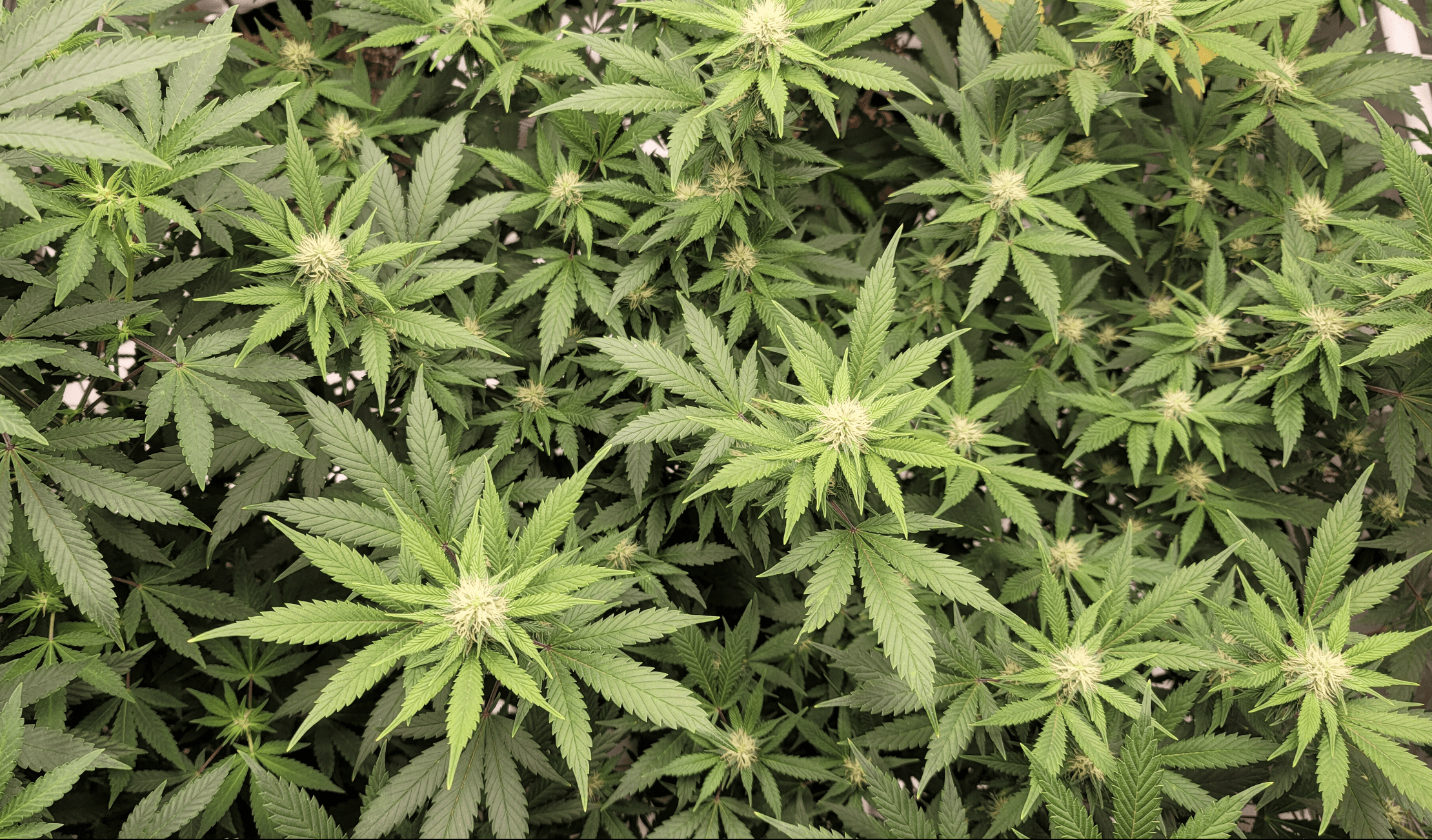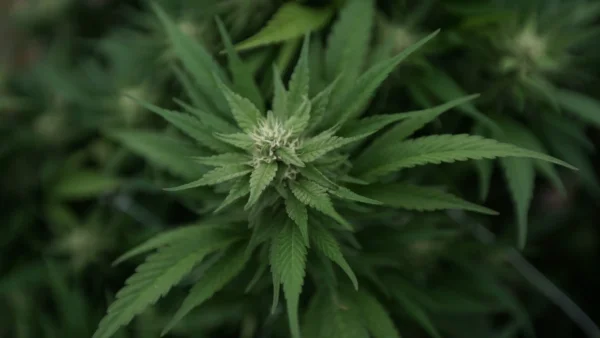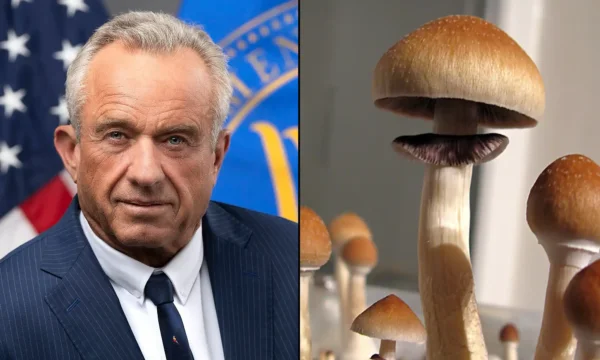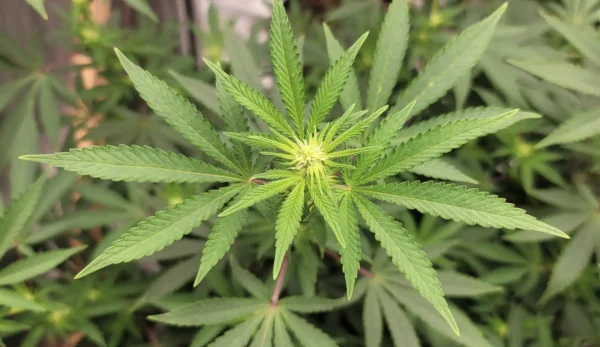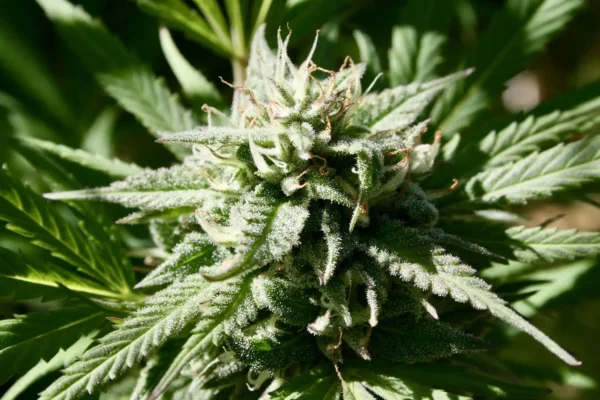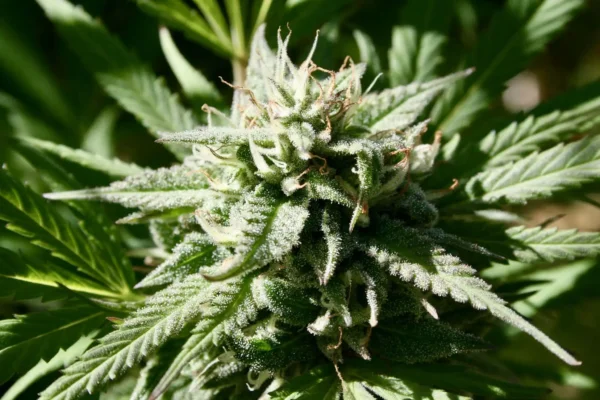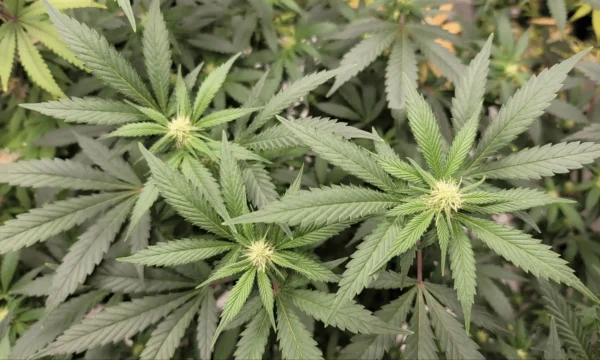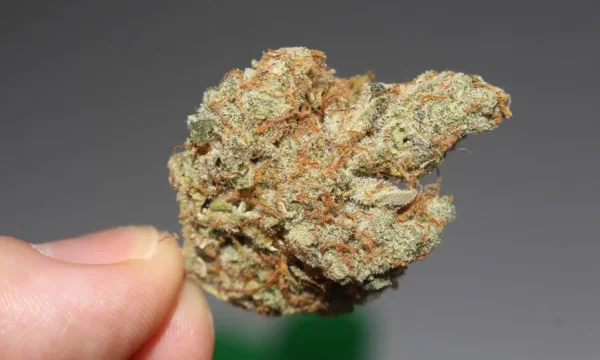Oregon Marijuana Business Files New Lawsuit Challenging Ban On Interstate Cannabis And Hemp Commerce
Oregon marijuana lawsuit over interstate cannabis commerce: a late-night test of the Dormant Commerce Clause
Interstate cannabis commerce isn’t a polite policy seminar—it’s a diner at 2 a.m., fluorescent lights humming, everybody arguing over who really owns the road. In Oregon, a marijuana wholesaler, Jefferson Packing House, has filed a new federal lawsuit that drags the state’s ban on exporting and importing cannabis—and even hemp—into the constitutional ring. The claim is blunt: Oregon’s firewall against cross-border trade violates the Dormant Commerce Clause, the constitutional doctrine that keeps states from building protectionist tollbooths on the nation’s economic highways. The plaintiffs say these rules jack up operating costs, block economies of scale, and shrink customer choice. This Oregon marijuana lawsuit over interstate cannabis commerce isn’t just a legal curiosity; it’s a stress test for the West Coast’s fragmented cannabis ecosystem and a bellwether for how the hemp side of the house fits into the mix.
Here’s the tension: cannabis remains illegal at the federal level, but the Constitution doesn’t take coffee breaks just because Congress can’t agree. Oregon’s earlier defense in court leaned on two planks. First, standing: even if the state eased up, federal law still forbids interstate trade in marijuana, so where’s the redress? Second, the Dormant Commerce Clause supposedly doesn’t bite because, technically, there is no lawful interstate market to discriminate against. The company counters that criminal statutes don’t “erase” commerce; they criminalize it. And the state’s attempt to mirror perceived federal enforcement priorities, they argue, smacks of separation-of-powers creep—only Congress can bless or bar trade across state lines, not the Department of Justice by winks and memos. In other words, you can’t duck constitutional scrutiny by pointing at a locked door and pretending the hallway doesn’t exist.
Zoom out and the backdrop gets louder. Oregon pre-wired itself for an eventual green light back in 2019, passing a law to allow interstate cannabis trade once federal policy shifts. California is already tinkering at the borders between hemp and marijuana, and you can see that lab work in the headlines: California Governor Signs Bill To Integrate Hemp And Marijuana Markets After Banning Intoxicating Cannabinoids Outside Of Dispensaries. Washington State has its own posture. The West Coast corridor is an economic organism with supply gluts and world-class growers in one zip code and retail deserts in another. Now layer hemp on top. Hemp is federally legal under the 2018 Farm Bill, yet Oregon’s limits on exporting hemp products are also in the plaintiff’s crosshairs—an area where the Dormant Commerce Clause arguments may land with even more force. If you can ship a hemp tincture from Kentucky to New York, why should Oregon fence the marketplace?
If Jefferson Packing House wins, the road doesn’t end at the courthouse steps. Expect an appeal to the Ninth Circuit, and, in the long shot distance, a Supreme Court that picks its battles with tweezers. There’s precedent nibbling at the edges: federal courts have struck down state residency rules in the cannabis sector as unconstitutional restraints on out-of-state participation, hinting at a broader appetite to police protectionism. A victory here could pry open a corridor for interstate trade among consenting states, especially for medical products, while leaving a thicket of compliance to machete through: track-and-trace interoperability, product testing standards, labeling, and a tax patchwork that makes an accountant weep. As for federal rescheduling to Schedule III—if and when it comes—don’t mistake it for a golden ticket. Rescheduling might thaw banking and 280E tax pain, and it could ease movement of FDA-approved cannabinoid medications, but it likely won’t greenlight a freewheeling interstate market for state-licensed adult-use cannabis overnight.
Policy isn’t one lever; it’s a switchboard with frayed wires. Some states tweak commerce rules; others slam the revenue lever. In Michigan, the political drumbeat isn’t about shipping flower across borders—it’s about paying the bills at home, as the standoff over higher marijuana taxes shows in Michigan House Speaker Threatens To Shut Down Government If Marijuana Taxes Aren’t Increased. Oregon’s fight is different but connected: taxes, trade barriers, and market structure all collide at the cash register. If the Dormant Commerce Clause forces open the gates, West Coast cannabis could start to look like wine—regional strengths, cross-border vintages, fierce competition, and a premium on craft. Or it could look like a consolidation bender where the biggest players feast first. Either way, the map is about to redraw itself. And if you want to experience where compliant, high-THCA craft is headed next, pull up a stool and browse our shop: https://thcaorder.com/shop/.





